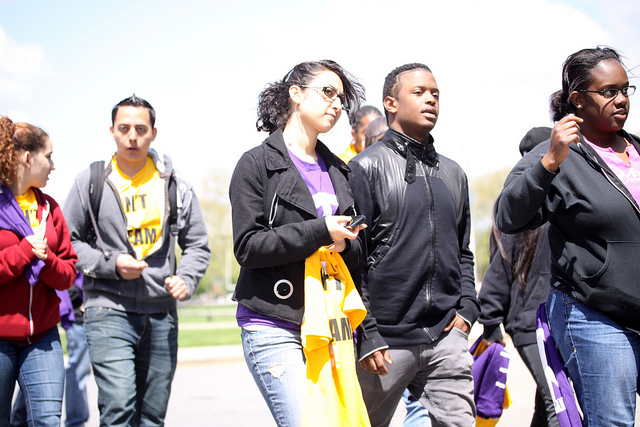Getting the Most Out of Student Teaching Mentorship

Whether an official part of a student teaching internship or a more informal relationship garnered in your work place, mentorship is a great opportunity to learn from someone with experience in the field and to receive advice without worrying about how it will affect your marks or measured performance.
You can get the most out of a relationship with your mentoring teacher when you take responsibility and are proactive in the process. You’ll take responsibility when you do the following:
- Take the initiative when it comes to having your needs met as a protégé. Soon after being assigned a collaborating/mentoring teacher, find an opportunity to talk about what you’d both like to get out of the mentoring experience. Agree on roles and a schedule for meetings.
- Take responsibility for your personal well-being. To establish a healthy, safe, and nurturing relationship with your collaborating/mentoring teacher as well as with your students, it helps greatly if you yourself are well centered. As a teacher, it’s helpful to spend time with family and colleagues to talk about mutual ideas and problems
A mentor’s goals for the mentees usually include guiding the intern in:
– developing theoretical knowledge
– practical skills
– adopting positive and professional dispositions
– evaluating the intern’s teaching practice
The collaborating/mentoring teacher is responsible for providing guidance and feedback as necessary, and communicating with your college advisor about your progress and participation. You should try to develop a good working relationship with your collaborating/mentoring teacher. As well as having an influence over your academic performance, he or she is also a valuable source of learning and guidance and can be considered as one of the resources during your teaching education. Your degree of involvement in the classroom activities will be based largely on your relationship with your mentoring teacher.





